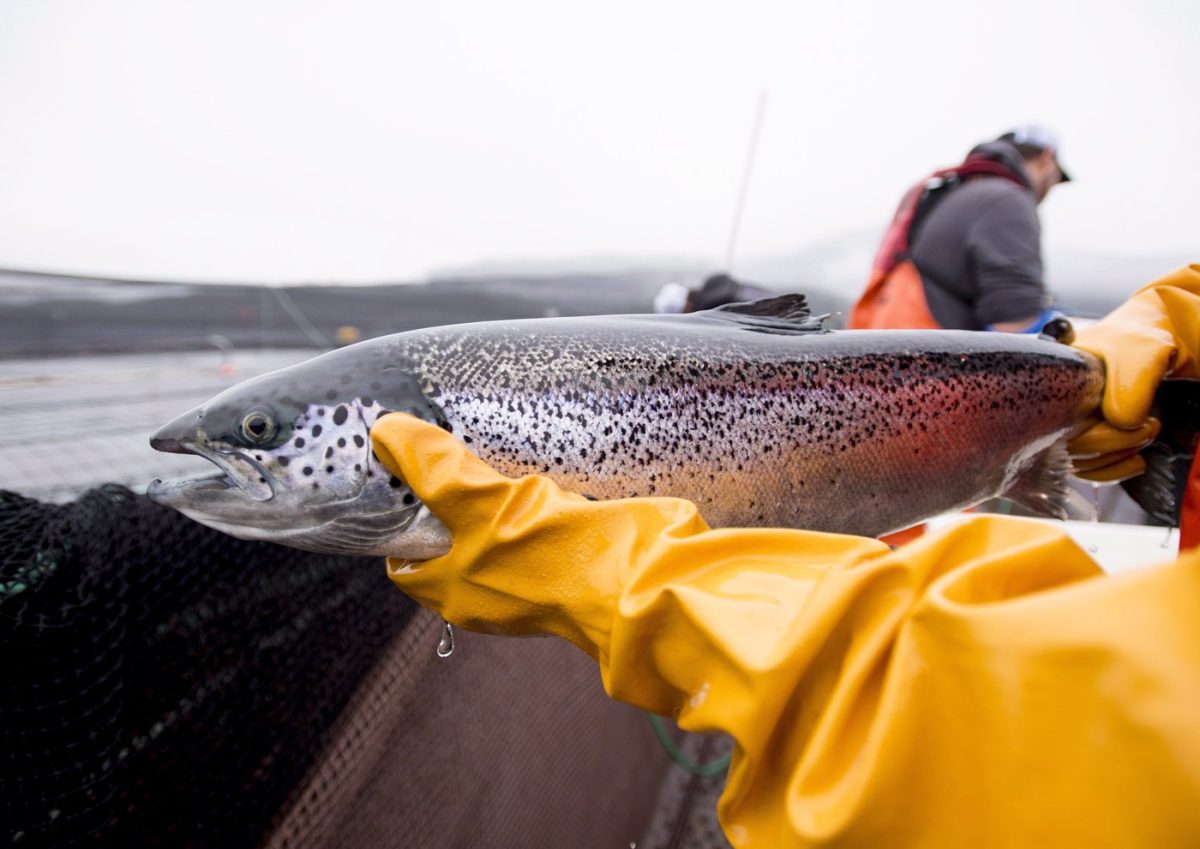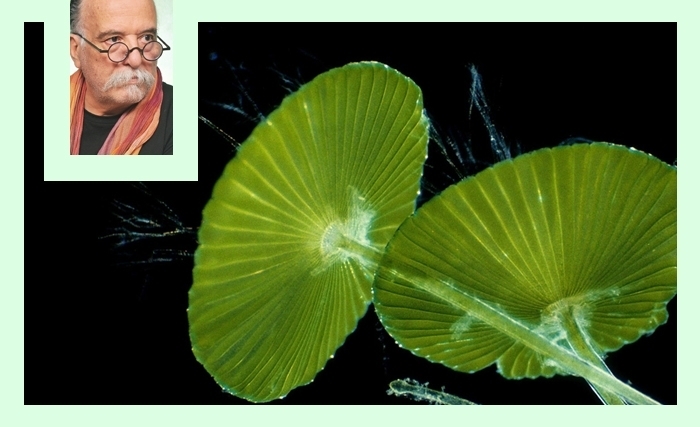The federal government is delaying the closure of fish farms along the British Columbia coast until 2029.
The Liberals had promised to phase them out next year, but Fisheries Minister Diane Lebouthillier announced Wednesday that she would allow aquaculture farms to renew their licenses as part of a « responsible, realistic and achievable transition. » towards the abandonment of ocean farms.
She says while wild Pacific salmon are an iconic species important to First Nations and commercial and recreational fishermen, aquaculture represents food security and outperforms wild fishing worldwide.
“If we want to protect wild species and move forward, we must resort to aquaculture,” argued Ms. Lebouthillier.
She adds that the government will soon introduce nine-year licenses for closed salmon farms.
Ms. Lebouthillier consulted with numerous groups about the transition plan for 79 salmon farms after Prime Minister Justin Trudeau promised during the 2019 election campaign that his government would phase out open-net farming.
The British Columbia Salmon Farmers Association said an economic analysis concluded the province could lose about 4,700 jobs and more than $1 billion a year if fish farming licenses were not renewed.
Opponents worry that open-net salmon farms could spread disease or lice to fish, while supporters say the risks are low.
Jonathan Wilkinson, MP for North Vancouver and federal Minister of Energy and Natural Resources, and former federal Fisheries Minister Joyce Murray attended a press conference in Vancouver about the same announcement.
Mr Wilkinson argued that Pacific salmon were facing unprecedented threats, with many populations declining close to collapse.
“In recent years, scientists have increasingly voiced their concerns. It is very clear that significant scientific uncertainty exists regarding the impacts of open-net aquaculture.”
For her part, Ms Murray said salmon farming can release parasites and cause exotic diseases into the ocean, infecting wild Pacific salmon on their migration routes.
“This transition is an opportunity to find sustainable economic alternatives with affected communities and support the essential work of our government and rebuilding salmon stocks,” she said.



